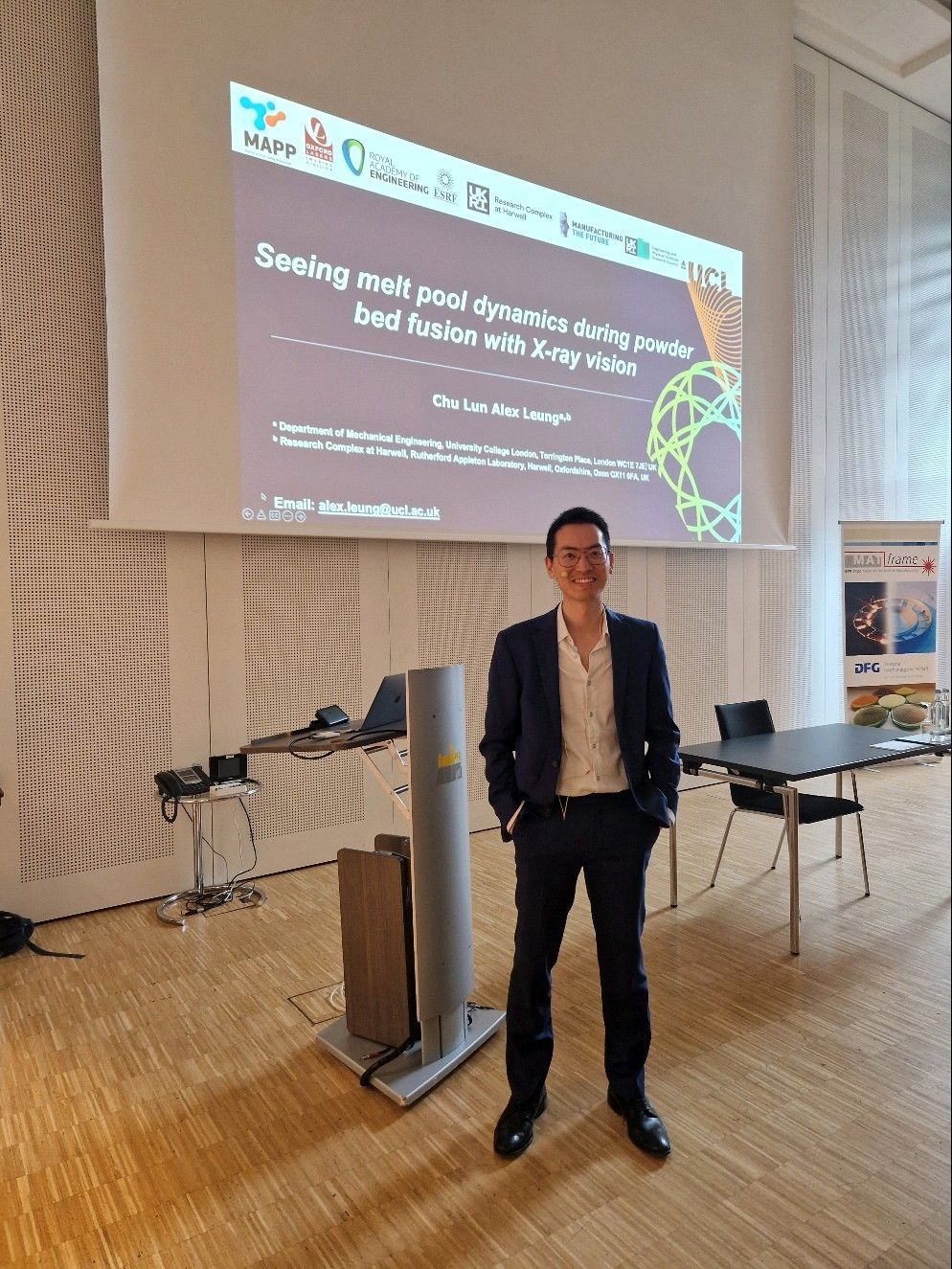All Views /
Views:
Pint of Science, with an engineering chaser, and a bag of dry-roasted health technology…
by Dr Robert Turner, MAPP aligned PDRA, Department of Mechanical Engineering and School of Clinical Dentistry, University of Sheffield.
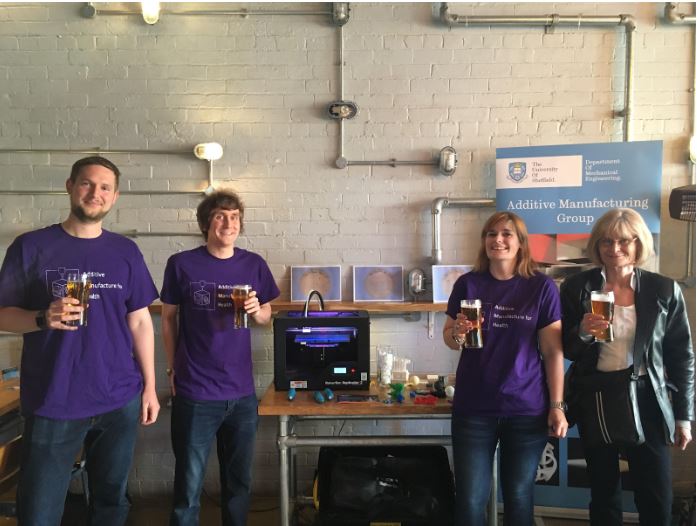
Scientists and engineers like science and engineering, right? But do folks working in one area enjoy hearing about research in another? Should chemists be aware of and excited by the latest developments in software engineering? Or cell biologists enthralled by the prospect of gravitational waves?
For our contribution to Pint of Science 2019, a mix of researchers from Mechanical Engineering and the School of Clinical Dentistry, departments in two separate faculties of the University of Sheffield, came together to explain advances in additive manufacturing using polymer materials and composites (mixtures of polymers and other stuff) at Sheffield's Triple Point Brewery.
This was not only a great opportunity to engage the public with our research, but to engage each other with the latest developments in our fields and to speculate on future opportunities where research in one traditional discipline might benefit another.
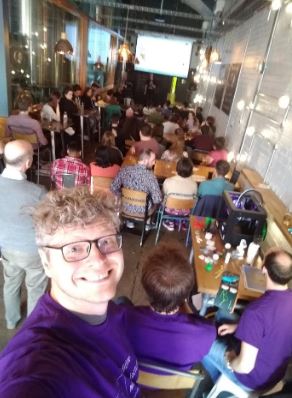
Over a period of three nights, eight researchers stood by our Makerbot 2 3D printer, 3D pens and a range of objects made using different polymer additive manufacturing techniques.
We were able to tackle some of the media hype surrounding 3D printing, where, as happens so often with technology, the probable speed of the impact has been greatly exaggerated compared to its likely ultimate scale.
No, there won’t be a 3D printer in every kitchen, but we’re now seeing 3D printing used in healthcare for surgical models and guides, and even implants to replace bone (one of our demonstrators, Maha Omran, is an expert in this)! And we’ll increasingly see 3D printed parts in consumer goods in situations where additive manufacturing techniques used are economically competitive with more traditional approaches (e.g. for small numbers of highly complex, customised objects).
We also talked about how academic advances in improving the range of plastic materials that can be 3D printed will enable the private sector to fully capitalise on the benefits of the technology, and the general public to reap the rewards of better, less-expensive products and reduced waste through producing items as-needed.
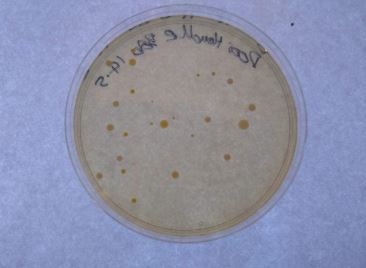
Some of the 3D printing team's recent collaboration with industry to help bring new materials to market was a great talking point for this. Others amongst us explained the pervasive presence of microbes in our environment and our bodies, and how being able to 3D print antimicrobial materials will help us to positively manage our relationship with these organisms. In the past we’ve often thought of microbes as pestilent germs to be done away with, but we now know they are essential to our health, particularly those in our guts. However, the wrong bug in the wrong place can still be deadly!
It was a privilege to be involved once again with such a prestigious international event as Pint of Science. The efficiency of the organisers in Sheffield and our knowledgeable, gregarious and thirsty team of demonstrators made the whole thing a pleasure to be a part of. Cheers!
Robert (Bob) Turner was born a physicist but mutated into a microbiologist after many years’ exposure to bacterial cell walls. He now develops antimicrobial composites for Dr Candice Majewski and Dr Joey Shepherd.
More:
Views
-
Joint Thai-UK research project to exchange knowledge and upskill Thai academics and engineers in optical manufacturing.
-
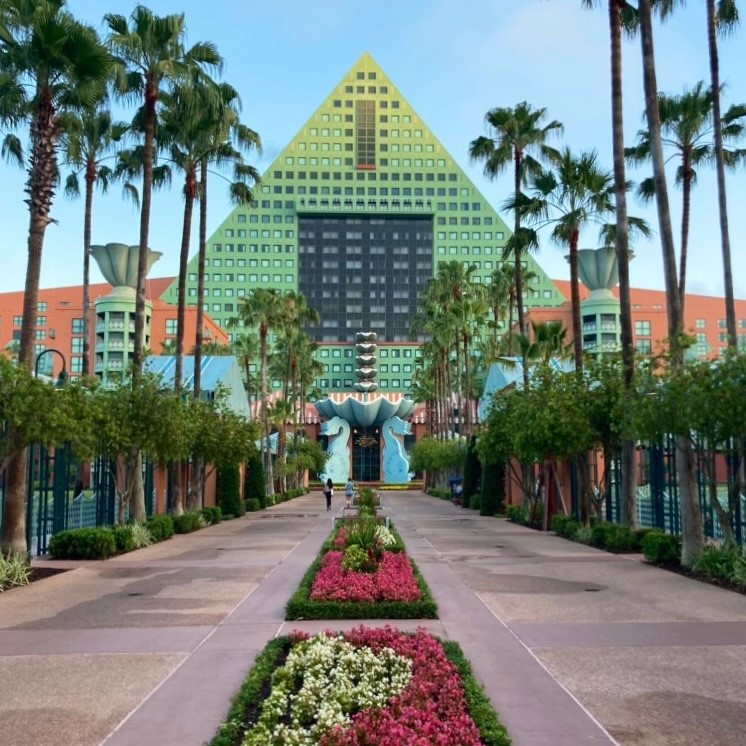
-
